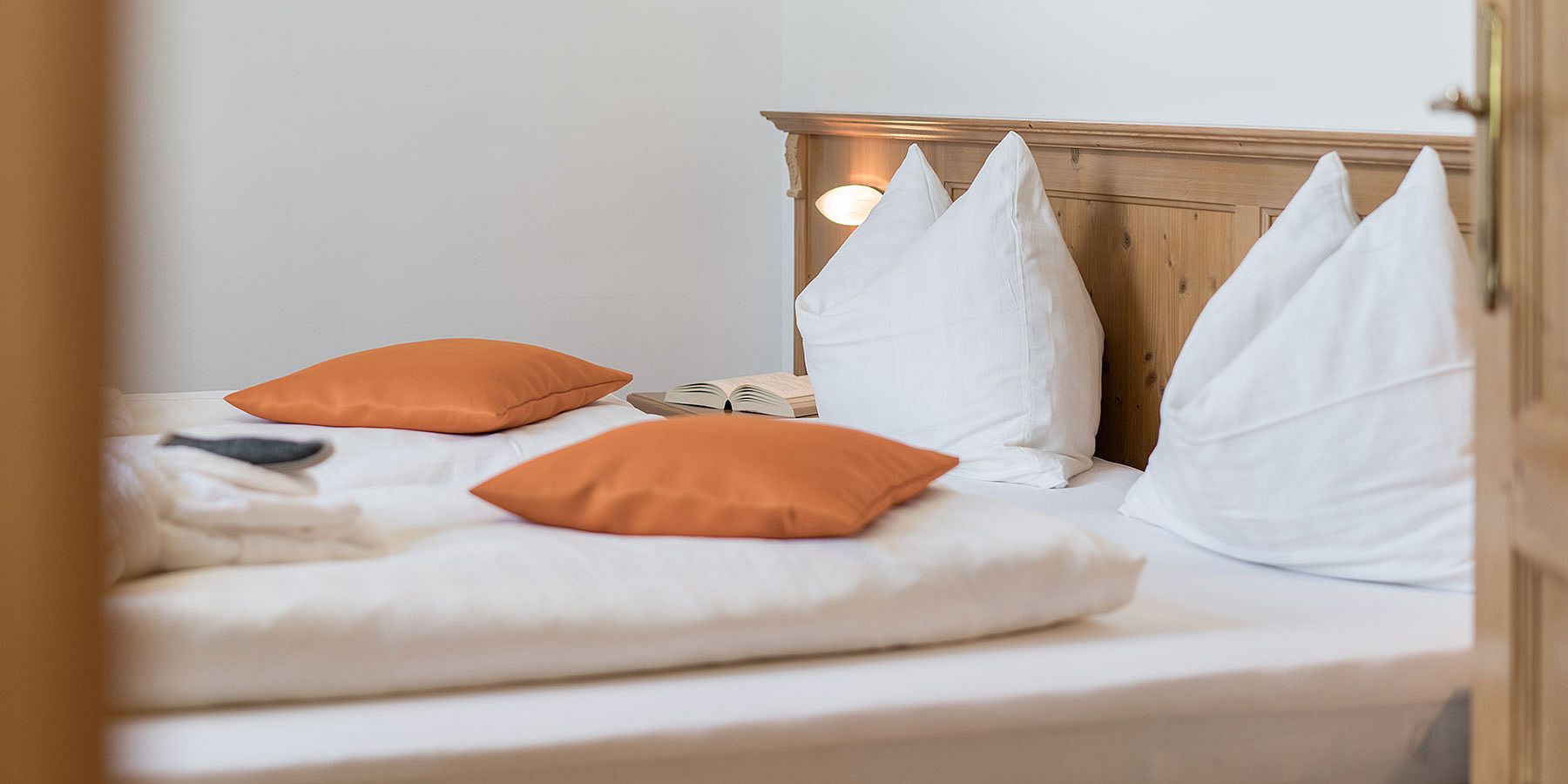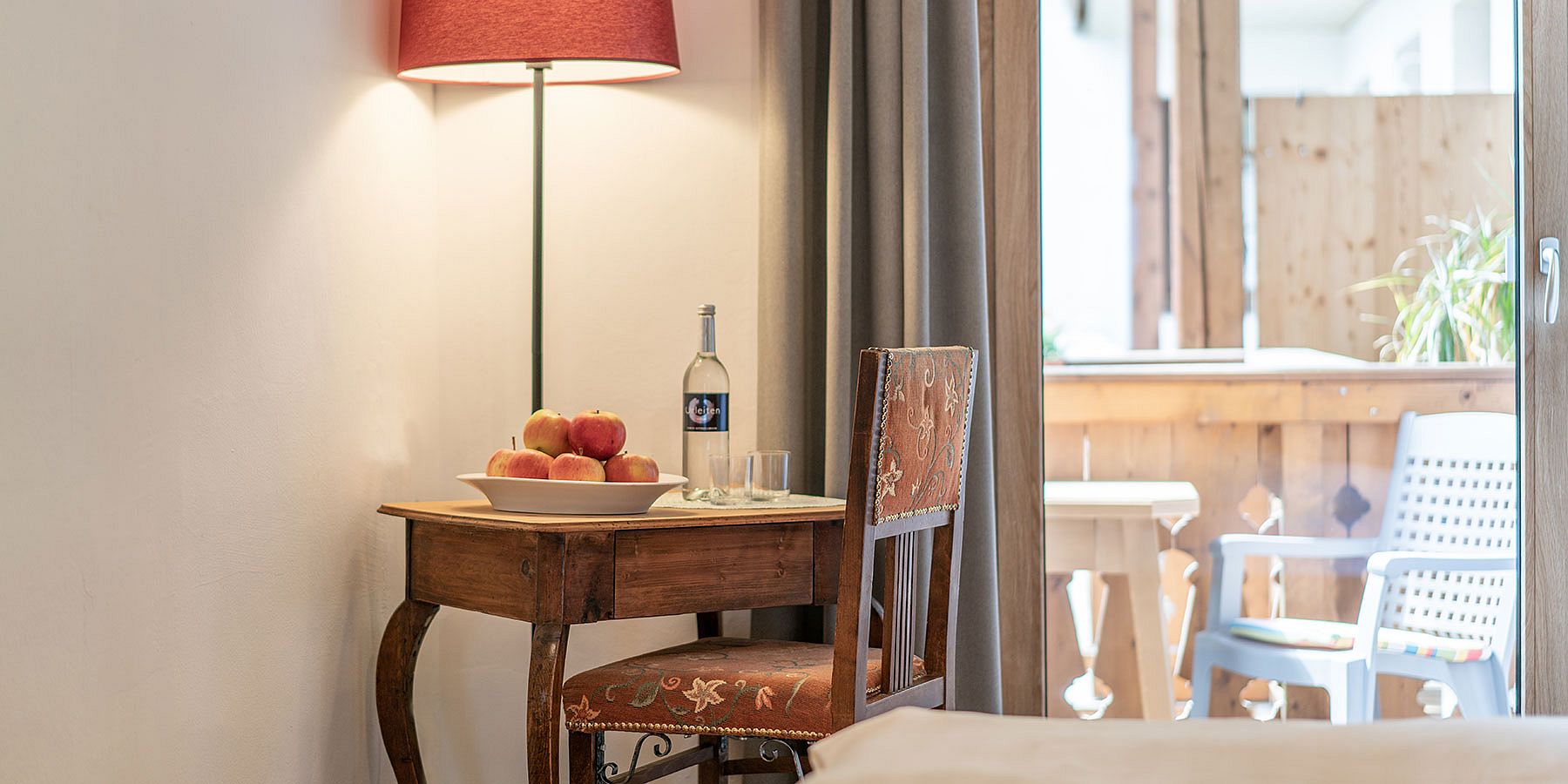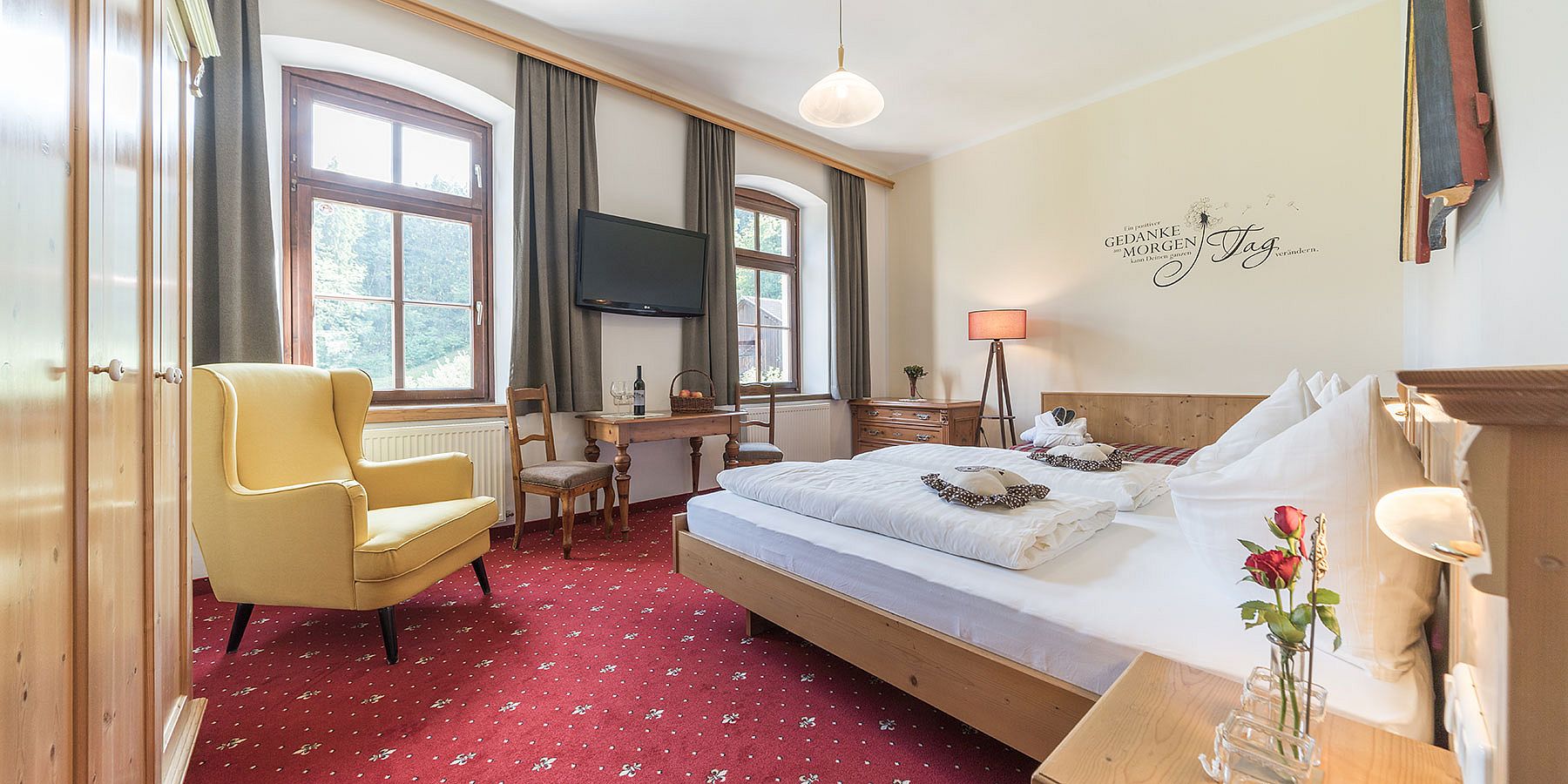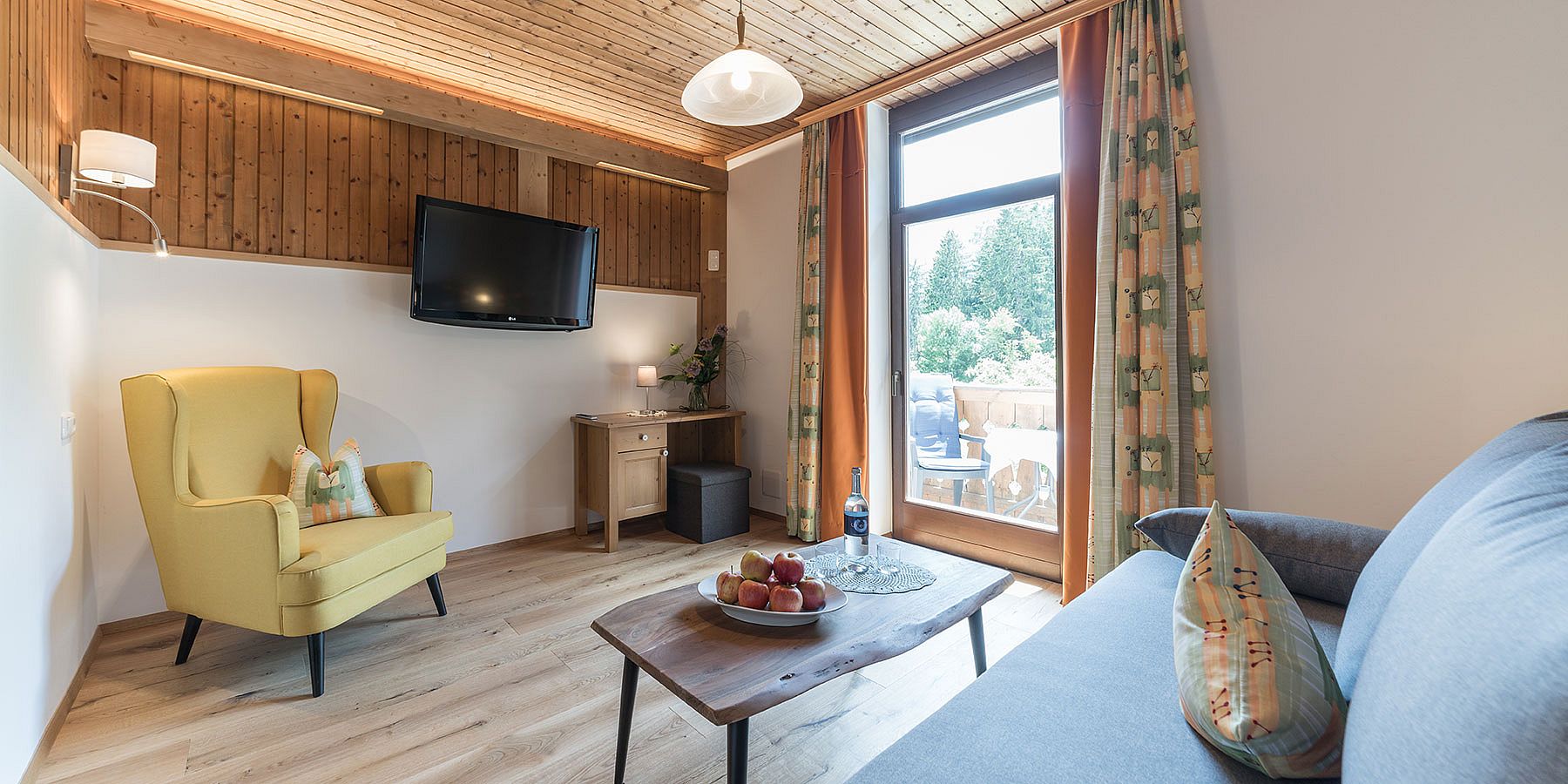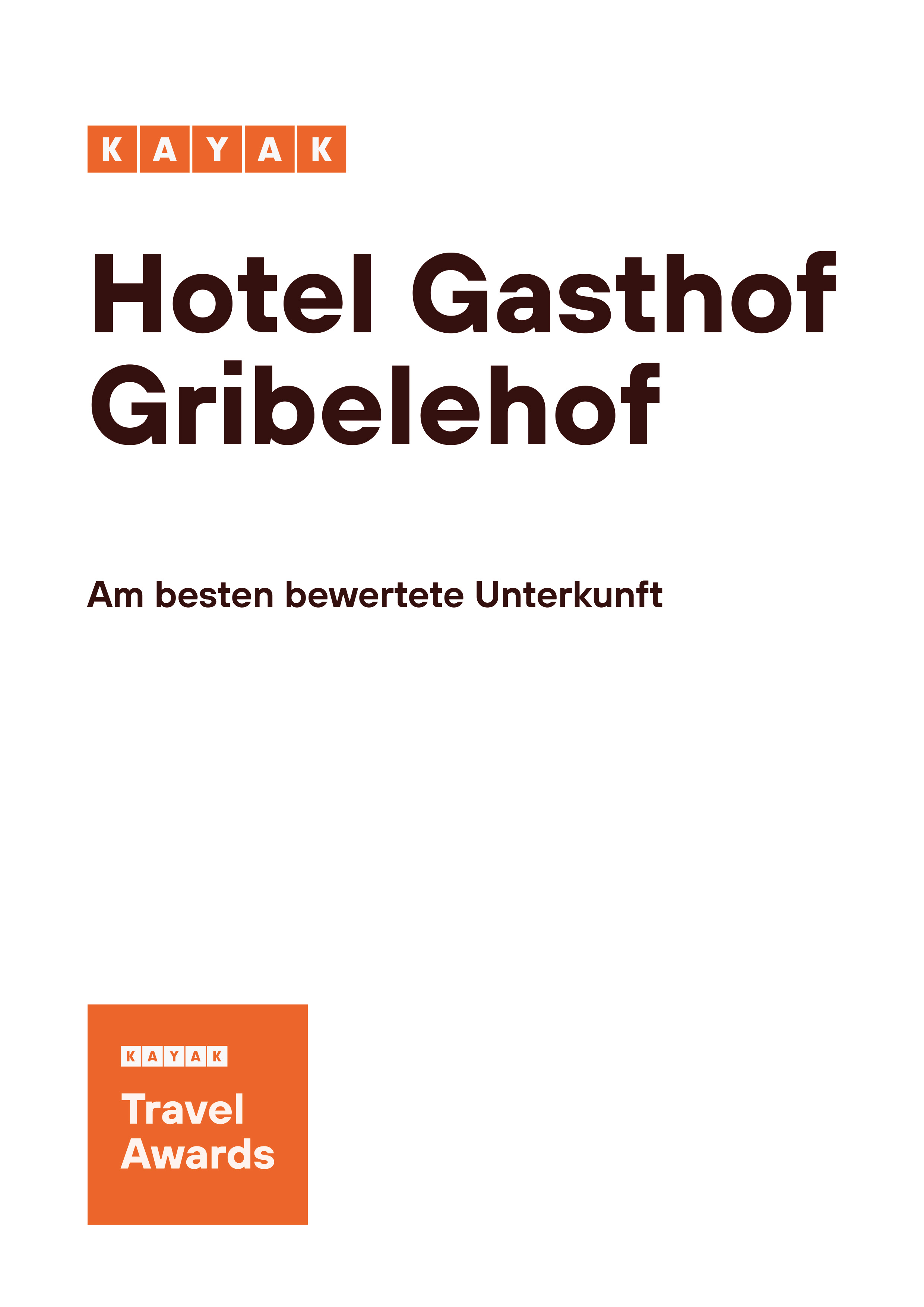Booking conditions
What you should know
General
The Austrian Hotel Contract Terms and Conditions (ÖHVB) refer exclusively to contracts between accommodation providers and guests that have not been arranged by travel companies. At this point, it should also be pointed out that the cooperation agreement can be used as a basis for contracts between accommodation providers and travel companies. This agreement as well as the ÖHVB can be obtained from the Professional Group of the Hotel Industry.
The ÖHVB are intended to serve as a guideline for any contractual points for the accommodation provider. They are not a law, which is why they are of course not mandatory.
In order for the hotel contract conditions to become part of the contract, it is necessary to agree them with the contract partner. The guest must be able to take note of the content of the conditions at his request. It is therefore advisable to display the ÖHVB in the establishment. In the case of regular use, the accommodation provider is also obliged under Section 73(1) of the Austrian Trade Regulation Act (GewO) to display the terms and conditions of the contract in the premises intended for dealings with guests (a notice is available from the Professional Group for the Hotel Industry).
We recommend that the terms and conditions be agreed in writing in the contract in order to save having to prove later, in the event of a legal dispute, whether or not the ÖHVB have become part of the contract. It is not necessary to specify each individual condition. A reference to the fact that the ÖHVB are part of the contract is sufficient.
Another advantage offered by the ÖHVB is that any independently drafted conditions may be immoral and therefore invalid. The ÖHVB thus provide legal certainty for both the entrepreneur and the guest.
The conclusion of the contract
Normally, the guest and the accommodation provider are contractual partners. However, in case of doubt, the ÖHVB also provide for the customer, who orders or co-orders for other named persons, as a contractual partner. As already mentioned, commercial travel agents are not covered by the ÖHVB.
The accommodation contract is concluded by the acceptance of a written or verbal order of the guest. It may be agreed that the guest has to make a down payment. The Proprietor shall also be free to demand the entire agreed price as advance payment.
Beginning and end of accommodation
Beginning:
The guest has the right to move into the rooms from 14:00 on the agreed day.
End:
On the day of departure, the guest must vacate the rented rooms no later than 12:00.
If a room is used for the first time before 6.00 a.m., the previous night counts as the first night.
If a guest does not show up by 6:00 p.m. on the agreed arrival day and no later arrival time has been agreed upon, the Proprietor has the right to withdraw from the contract. However, if the guest has paid a deposit (see point II), the room remains reserved until 12.00 noon of the following day at the latest.
Rights of the guest
In addition to the rights already mentioned in point III, the guest also has the option of requesting an appropriate substitute meal (packed lunch) or a voucher for meals that he/she does not use, provided that he/she has reported this by 6:00 p.m. of the previous day.
Otherwise, the guest shall have no claim to compensation if the accommodation provider is willing to provide services and the guest does not take the agreed meals within the usual times of the day and in the premises designated for this purpose.
Obligations of the guest
The agreed remuneration shall be paid at the latest upon termination of the accommodation contract, unless the contract contains deviating provisions. Foreign currencies shall be accepted by the accommodation provider at the daily exchange rate, if possible.
If food or beverages are available in the accommodating establishment, but the guest brings them from outside and consumes them in public rooms, the Proprietor shall be entitled to demand reasonable compensation ("stubble money" in the case of beverages).
Dogs are not allowed in the guest room.
The general rules of the law on damages shall apply to the damage caused by the Guest.
Rights of the accommodation provider
If the Guest does not vacate his/her room by 12:00 noon, the Proprietor is entitled to charge the room rate for another day.
In case of refusal of the guest to pay the agreed fee, the accommodation provider has the right to retain the brought items to secure his claim.
In order to secure the agreed remuneration, the accommodation provider also has a legal right of lien on the items brought in by the guest.
If service is required in the guest's room or at unusual times of the day, the Proprietor shall be entitled to charge a special fee for this, but this must be indicated on the room rate card. For operational reasons, the Proprietor may, of course, refuse to provide the services requested by the Guest.
Obligations of the accommodation provider
The marked prices have to be inclusive prices.
The ÖHVB also provide for special services that are not included in the accommodation fee and can be charged separately. These are e.g.:
- the provision of sauna and indoor swimming pool, solarium, garaging, etc.
- a reduced price may be charged for the provision of extra beds or cribs.
Liability of the host for damages
Apart from the application of the general law of damages, the accommodation provider is subject to a special innkeeper's liability according to §§ 970 ff ABGB (Austrian Civil Code).
According to these provisions, which are also reproduced in the ÖHVB, the accommodation provider is liable for objects brought in by the guest, unless he proves that the damage was not caused by him or by one of his staff. Due to the "danger of the open house", where a large number of people are constantly leaving and entering uncontrollably, the law also provides for the innkeeper to be liable for strangers (exception: no liability for persons who have gained access by force, such as robbers and burglars). However, the special liability is limited to the maximum amount of € 1,100. A refusal of liability by stop has no legal effect.
Up to a value of € 550,-, liability for valuables (e.g. jewelry), money and securities is also provided for under § 970 a ABGB. As above, a reduction of the liability limit has no legal effect. Unlimited liability arises if the accommodation provider, knowing of the nature of the aforementioned objects, takes them into custody, or that damage was caused by himself or his employees.
However, the safekeeping of valuables, money and securities may be refused if the items in question are considerably more valuable than guests of the establishment in question usually leave in safekeeping.
Items which have been taken over by an employee of the accommodation provider or which have been brought to a place instructed by them or designated for this purpose shall be deemed to have been brought in.
These provisions cannot be waived as they are based on mandatory law. An exclusion has no legal effect.
Cancallation of the contract and early departure
The ÖHVB provide for some deadlines that are relevant for a free cancellation or for cancellations with a cancellation fee:
Up to 3 months before the agreed arrival date of the guest at the latest, the contract can be cancelled by both contracting parties free of charge.
Up to 1 month before the agreed day of arrival at the latest, the contract can be cancelled unilaterally by both contracting parties, in which case, however, a cancellation fee in the amount of the room rate for 3 days must be paid.
If the guest does not show up by 6:00 p.m. on the agreed arrival day and if no later arrival time has been agreed upon, the accommodation provider may withdraw from the contract. However, there is an exception if the guest has paid a deposit. In this case, the rooms remain reserved until 12:00 noon of the following day at the latest.
The guest shall also pay the fee in the event of non-utilization of the services provided by the Proprietor. However, it is the obligation of the entrepreneur to look for other rentals.
The amount saved by the accommodation provider as a result of the non-utilization shall be deducted from the remuneration to be paid by the guest. The ÖHVB provide for the following percentages with regard to savings:
# 20 % of the room rate as well as
# 30 % of the catering price.
These are to be deducted from the agreed remuneration.
Also in the case of an early departure of the guest, the ÖHVB provide that the full agreed price can be demanded. Here, too, however, the obligation of the accommodation provider exists to make efforts to rent the rooms no longer used to another party. In this case, the savings made by the entrepreneur due to the non-use shall also be deducted, whereby the above-mentioned percentages shall be used as a basis.
Termination of the accommodation
In addition to the ordinary termination due to the end of a fixed-term contract, the accommodation provider has the possibility of termination with immediate effect under the following circumstances:
If the guest makes a materially detrimental use of the premises.
If the guest, by his inconsiderate, offensive or otherwise grossly improper behavior, makes living together with the other housemates unacceptable.
If the guest is guilty of a punishable act against property, morality or physical safety towards the accommodation provider and his people or a person living in the accommodation facility.
If the guest does not pay the bill presented to him after a request of a reasonable legal period.

